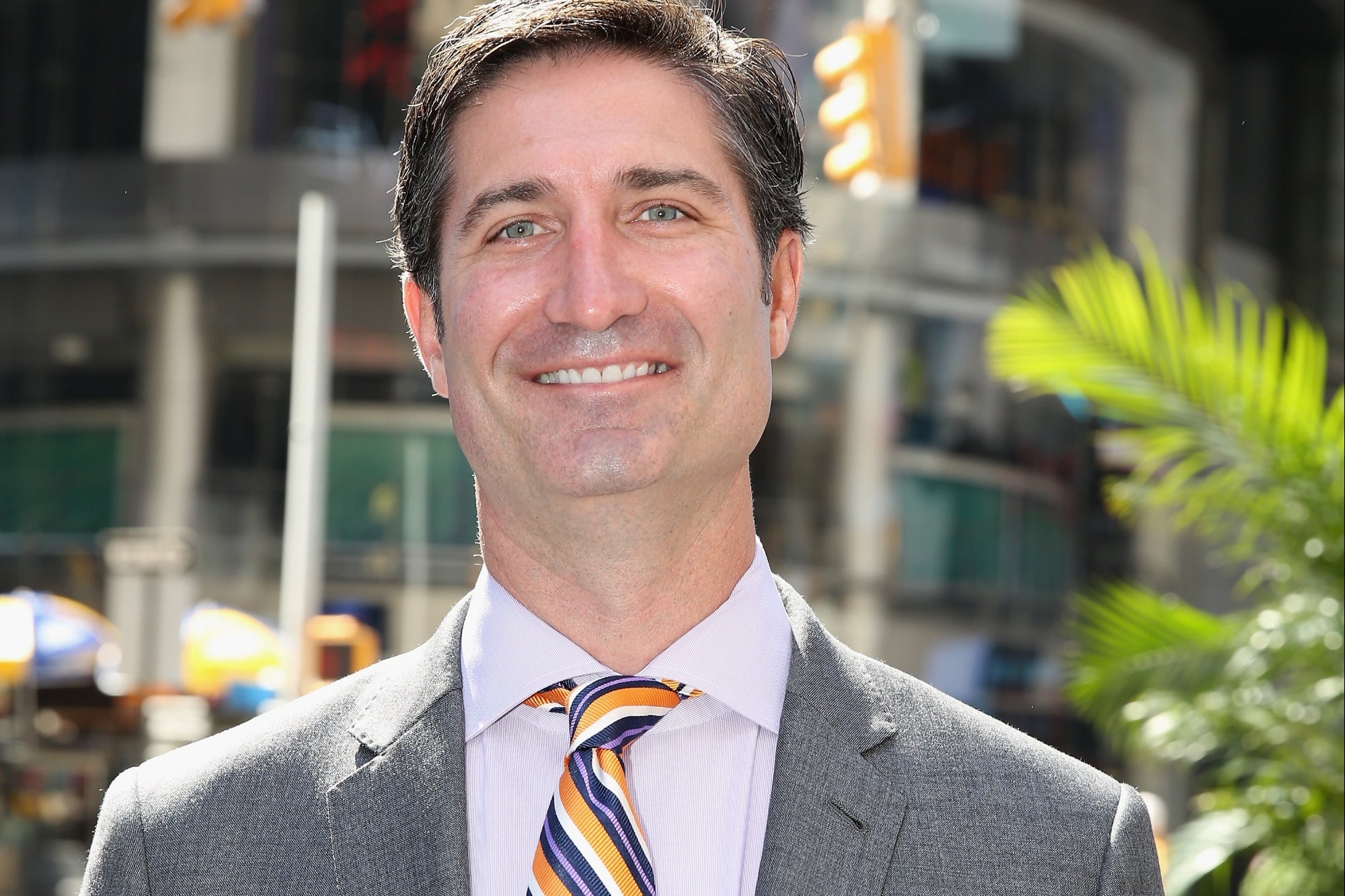How I Turned a 'Dying' Business Losing $500,000 a Month Into a $45 Million Cash Machine "Boring" businesses often deliver better returns than VC-funded disruption plays, with less competition and clearer paths to profitability.
By Shayne Fitz-Coy Edited by Micah Zimmerman
Key Takeaways
- Service businesses win on trust and distribution, not technology innovation
- Competing on service quality can command premium pricing in supposedly commodity markets
- Customer retention drives profitability more than acquisition; focus on keeping customers, not just getting them
- Adding humans back where others remove them creates sustainable competitive advantage
Opinions expressed by BIZ Experiences contributors are their own.
I'm on my knees in a Niles, Illinois, apartment, installing a medical alert system for an elderly client. I had just bought into the company, and we were losing $500K a month. I needed to go and see why.
She served me tea and cookies while I worked. Then she said something that changed everything: "You're the most respectful and courteous person from any company who's been inside my home."
That's when I realized we weren't in the technology business. We were in the trust building business.
For us, trust meant three things: consistency, responsiveness and showing up when it mattered most.
The $500K monthly bleed
In 2013, I bought into a medical alert company that smart money had abandoned.
A classmate from Stanford GSB, now at a major PE firm, raised an eyebrow: "That industry? The smart money has left the building."
He wasn't wrong. We were hemorrhaging half a million monthly. Competitors were folding or desperately merging. Everyone knew the Apple Watch would be the final nail in our coffin.
I don't mean to romanticize it. Our financials were a mess. But the deeper I looked, the more it seemed like the real deficit wasn't capital. It was care.
Sitting in that apartment in Niles, installing a system for someone who survived the Holocaust, I saw something different.
These weren't "users" waiting for the next innovation. They were people who'd learned that survival often depends on reliability, not novelty. They valued humanity and decency above all else.
The service revolution nobody wanted
While VCs poured millions into smart pendants and AI-powered monitoring, I made a different bet: What if we just answered the phone better?
We did three things:
- Trimmed the fat: Cut three failing channels to focus on two that worked
- Invested in humans: 10% more training than any competitor
- Raised prices: Better service costs more. Turns out, people happily pay for better.
The VC-funded competitors promised to revolutionize the form factor. We promised to pick up the phone in three rings.
Turns out, that mattered more than anyone expected.
Why boring beats brilliant
Here's what Silicon Valley doesn't understand: In service businesses, it's all distribution and trust. Not technology. Not features. Trust.
Our customers stay with us for years. When they leave, it's not because they found a better product (or that they passed). It's because life changed; 48% move to assisted living, 42% move in with family.
They don't quit us. Some even call to thank us when they cancel.
The pattern that pays
I see the same pattern everywhere:
- Overfunded in digital ads? Someone's making money in direct mail.
- Overfunded in AI? Someone's cleaning up with better human service.
- Overfunded in automation? Someone's winning by adding humans back.
None of this is easy. Service businesses scale differently. Culture cracks faster than code. But when it works, it lasts.
Maybe you're the one raising millions to disrupt something. That's fine. But if not, fret not.
Related: 'Boring' Businesses Are Making Millionaires — and You Can Borrow Their Strategies For Success
The unglamorous path to $45 million
Over the years, that "dying" medical alert business generated $45M in cash. We built 28% EBITDA margins in a "commodity" industry. We grew 12% annually while everyone said we were obsolete.
No pivots. No rebrandings. No articles in the tech press.
It wasn't a straight line. But we stayed close to the customer, close to the team and close to what worked. That was enough.
Just consistent service. The kind that earns its keep quietly.
We turned profitable in 90 days by doing what MBAs say you can't: compete on service in a price-sensitive market. Turns out grandma knows quality when she experiences it. And she tells her friends.
Your boring goldmine awaits
Every industry has its version of this opportunity:
- Home services: Where trust beats price
- B2B logistics: Where reliability beats speed
- Healthcare adjacent: Where empathy beats efficiency
- Education: Where relationships beat algorithms
- Local services: Where showing up beats scaling up
Every industry has noise. Sometimes, trust and steady execution cut through louder than innovation.
The ultimate service metric
That elderly client in Niles was our customer for eight years. When she finally moved in with her daughter in Phoenix, she called to thank us.
Her daughter said we were the only company her mother insisted on calling personally to cancel. We answered in three rings.
We didn't innovate the medical alert. We didn't invest in tech. We didn't revolutionize the form factor. We didn't leverage AI or blockchain.
We just cared. Consistently.
While Silicon Valley preaches "scale through software," I've built something heretical: a business that scales through service.
It's not sexy. But it will get you customers who thank you after eight years.
Our frontline staff made it work. Training helped. But care is what kept people.
As an BIZ Experiences through acquisition, be willing to buy boring. Invest in training. Operate for the long term. Build great firms, not great exits.
There's nothing boring about being needed, and trusted, for a decade.
Run your own race. The view's better, and surprisingly, so are the returns.










